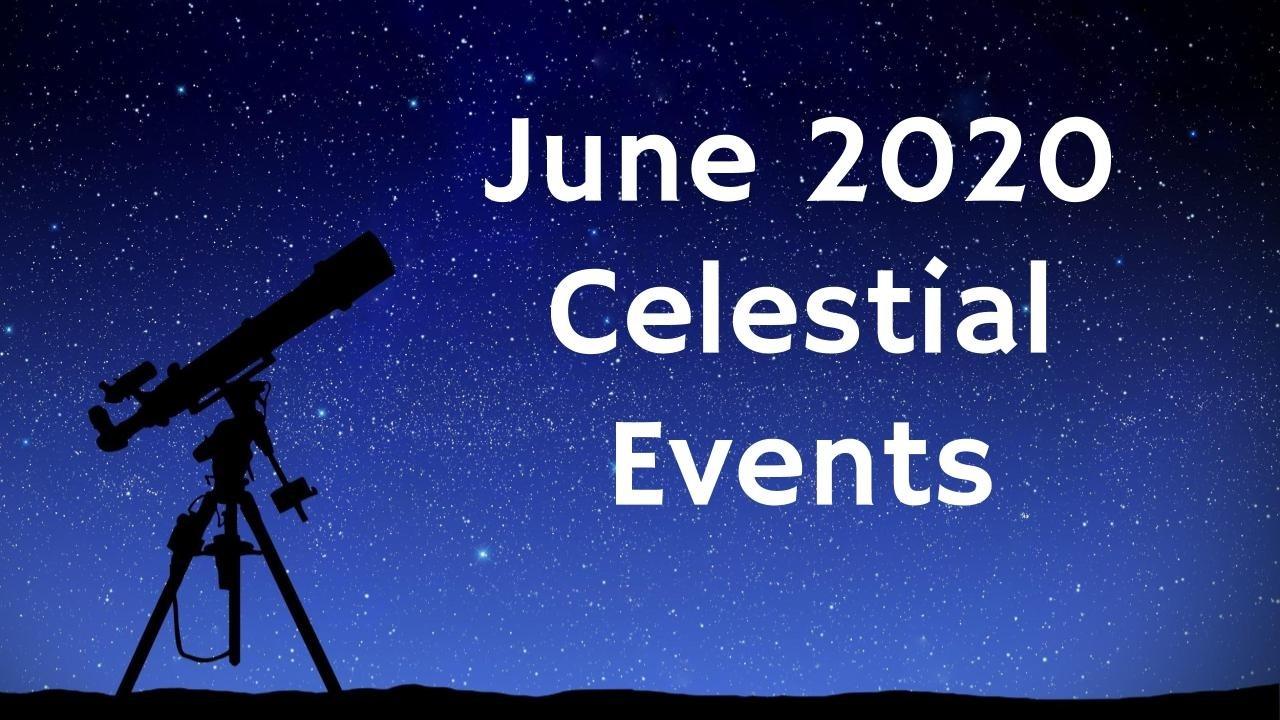June 2020 Night Sky
Jun 01, 2020
June is here! I love when summer approaches since it is usually the perfect time to observe the sky. The weather is pleasant, school is wrapping up, and I always end up spending more time outside with my family. I also love seeing the Milky Way in the summer since it is brightest during this time of year.
So let’s gear up for June and the review over the celestial events that will take place throughout the month:
- June 8 - Conjunction of Jupiter, Saturn, and the Moon. The moon will be in a waning gibbous phase, so look for the two brightest objects near the moon in the late evening into early morning. Jupiter will be brighter than Saturn.
- June 12 - Conjunction of Mars and the Moon. The moon will be one day away from the last quarter phase. Look for the reddish-colored object near the moon in the early morning hours.
- June 20 - June Solstice. This will be the longest day of the year for those in the northern hemisphere and it is counted as the first day of summer. For those in the southern hemisphere, it is the shortest day of the year and it marks the first day of winter.
- June 21 - Annular Eclipse. The moon will pass in front of the sun creating an annular eclipse that will be visible in Africa and parts of Asia. The Earth will be at a further distance from the moon, so the moon will not completely block out the sun. Instead it will appear as if there is a ring of sunlight around the moon.
A helpful tip for viewing these events is to mark them on your calendar. You can also learn more about these events through other resources. My absolute favorite online tool and website is called in-the-sky.org because you set your location on the website and it will help you to distinguish what can be seen from your particular location on the globe. This website has so much to offer, including a planetarium, a calendar of events, descriptions of constellation, and other various objects that can be seen in the night sky. This website is helpful for a new stargazer or an experienced one! This is the website I refer to most often in my stargazing efforts.
Keep looking up!
Source: https://in-the-sky.org/

